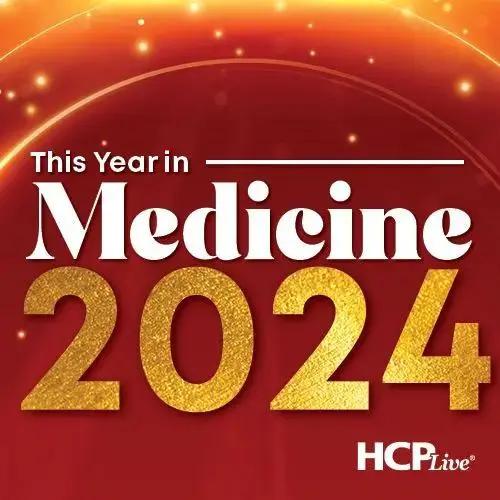A new analysis suggests that if all states had imposed stricter COVID-19 measures, thousands of lives could have been saved. The debate over the U.S. response to COVID-19 restrictions has been ongoing. Public health measures such as masks, social distancing, vaccination requirements, and remote schooling aimed to reduce virus spread and prevent severe illness and death. However, critics argue that these measures had potential negative effects on children’s education and social skills, as well as on seniors in long-term care facilities who faced isolation from loved ones.
Combating viral hepatitis is challenged by inadequate funding, low diagnosis rates, and insufficient awareness. Danjuma Adda, former president of the World Hepatitis Alliance, points out that only 4.3% of people with Hepatitis B have been diagnosed, and Hepatitis C causes 3,500 deaths daily. Adda, who was diagnosed with Hepatitis B in 2004 and lost his mother to Hepatitis C in 2007, has used his personal experience to advocate for better patient care both in Nigeria and globally. He emphasizes that increased investment, supported by political will and commitment from funders and governments, could lead to better testing, national treatment programs, and improved access to services, addressing key barriers to effective hepatitis care.
In the second episode with Michael Laposata, MD, PhD, he discusses enhancing lab-clinician communication, the role of AI in diagnostics, and point-of-care diagnostic opportunities. Building on the first episode, where Laposata, Professor and Chair at the University of Texas Medical Branch-Galveston, introduced the Diagnostic Management Team (DMT) concept, this episode explores the DMT’s evolution and its potential to improve outcomes by integrating lab professionals more directly into patient care.
A new bill introduced in the House of Representatives, supported by the Peggy Lillis Foundation, aims to increase recognition and research for healthcare-associated infections. Congresswoman Yvette Clarke (D-NY) introduced the Peggy Lillis Clostridioides difficile Inclusion Act, which seeks to have C difficile recognized as a nationally notifiable infectious disease. Named in honor of Peggy Lillis, a single mother and kindergarten teacher from Brooklyn, New York, who died from a C diff infection, the bill reflects her family’s dedication to raising awareness about the disease. Peggy’s sons, Christian and Liam, co-founded the Peggy Lillis Foundation in 2010 after her sudden death from a community-acquired C diff infection. There was a rapid progression of her illness, she was only sick for six days, and the tragic nature of her death motivated the family to understand and address the disease.
While some individuals experience only mild effects from COVID-19, others suffer from severe forms of the virus. Although existing information on disease severity and pathways exists, researchers aimed to explore genetic factors that might offer additional insights. A recent study has identified specific genes potentially influencing virus severity, with a particular focus on Toll-like receptor 7 (TLR7). The research revealed that mutations in the TLR7 gene, which render it non-functional, were significantly more common in severely affected COVID-19 patients compared to a control group.







